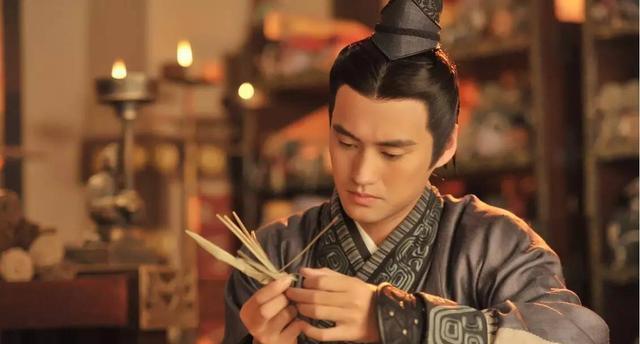Those who have read the history of the Three Kingdoms may notice a problem, the names of people at that time were almost all single words, this phenomenon, although not surprising, did not have a driving effect on the history of the time. However, if you look closely and deeply, you will find that there are very few two-character names in that period, especially among the prominent figures and intellectuals at that time, almost all of them are single-word names, if this is just a coincidence, it is too dramatic, and there must be some background behind this that people have overlooked. Although these details seem unrelated, they affect people in a period of time, which is why it is rare to find two-character names in the society at that time.

Events that can affect an era must not be trivial, and the status of those who can promote all this will not be low, and the root of all this is actually because of Wang Mang. At the beginning of his seizure of power, in order to consolidate his own power and give everyone a convincing reason, he vigorously promoted retro superstitions, and also implemented a series of policies to manage this seized world, and his new policy can be described as pervasive, from the concept of governing the country to the details of the work, from the management of land to the system of employing people, and even the naming of people must be included in the scope of jurisdiction. Such watertight management had a considerable impact at the time.
At that time, he had a grandson named Wang Zong, who had made a great rebellious move because he had been coveting the throne, and all this Wang Mang saw in his eyes. If his grandson had a little patience, he would have waited for the day when the throne would pass to him, but he would have to push the course of history with his own strength. He himself put on the emperor's costume, had a portrait of him painted, and allied himself to seize the throne. Although he had the courage to do this, his means were far from being enough for the old ginger spicy in the imperial court, and this matter was exposed before it was successful. The emperor looked at such a scene and was angry and hateful, but after all, this was his own grandson, and he couldn't bear to kill it.
The emperor knew that this matter must not be easily let go, otherwise the prestige established in front of the people of the world would be lost, and his grandson also knew this, knowing that his end would not be good, so he chose to commit suicide. Although the people were gone, the emperor still had to show his attitude in front of the people of the world, so he ordered that his political power be stripped away. The specific method of this order was to change his name to ''Huizong'' and his one-word name to a two-word name. At first glance, this does not seem to have any effect, it is already a major crime of rebellion, and his execution is to change his name, which is also ridiculous.
But a closer look at the policies promulgated by Wang Mang will reveal its meaning, when his political reform involved personal names and clearly stipulated that two-character names were not allowed. But when a person reverts to sin, he must restore his two-word name to show the sin he has committed, which is a kind of punishment at that time. It was after this decree that most people at that time used single-word names. Even if the emperor had become a thing of the past, his words did not count, but this idea had taken root in the minds of the people at that time, who thought that two-character names were unlucky, and gradually formed a custom of taking single-character names.
If this law had been issued today, its impact would have been even greater, because of the large population now, and single-character names would cause large-scale duplicate names, which would cause many problems, and the workload of many people would increase as a result, and the errors caused by duplicate names would also increase. But this was placed in the case of a small population at that time, and their living scope was not large, so the chaos caused was not very serious, such a policy affected not only the era at that time, but also the atmosphere it formed continued until the Three Kingdoms era, which was the hidden origin behind the names of the Three Kingdoms period.